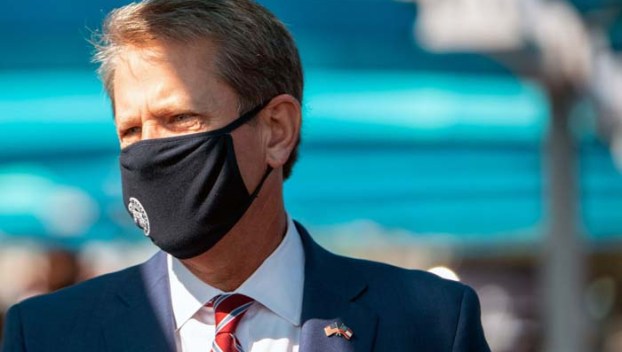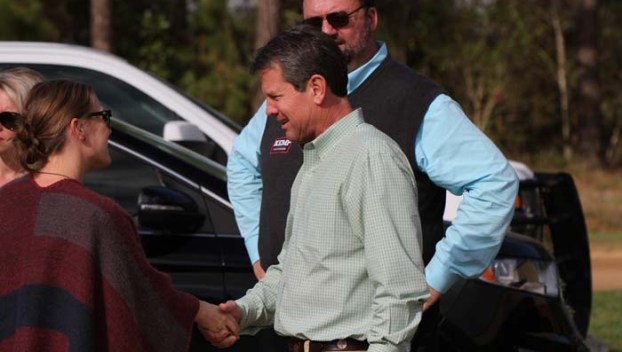
Ga Fl News
UPDATE: Kemp, First Lady test negative for virus, governor remains in quarantine
UPDATE 3:30 p.m. Friday: Read more

UPDATE 3:30 p.m. Friday: Read more

ATLANTA — Federal and state lawmakers joined forces with the hospitality industry against human trafficking. Read more

VALDOSTA — Gov. Brian Kemp is scheduled to spend a few days in Valdosta this week, according to ... Read more
If anyone wonders why we have so little faith in our government and those within it, consider the ... Read more

VALDOSTA — Georgia’s first lady arrived in town this week to kick off Agriculture Week. Read more

TIFTON — Secretary of State Brian Kemp visited Tifton Feb. 27 on his two-week “Putting Georgians First” bus ... Read more